The enormous desk on which I am writing this is swamped by four precarious piles of books, one topped by an ancient Filofax, another by a small framed photograph of a long-dead friend. I still bear the bruises from last week when I fell out of bed and triggered an avalanche of the book mountain on the bedside table, with its cache of notebooks, pens, pencils, water carafe and three reading lamps, one of which has been without a bulb for three months. I don’t actually know where anything is, and have to ask my wife if I need to find a particular title. Barry Yourgrau understands my
inability to tidy up my study and my life.
In Mess, he tries to clarify the differences between collectors (as we neurotics would like to pretend we are), clutterers and ‘extreme hoarders’. Having read and relished Yourgrau’s book, though, I can’t see why the ‘extreme’ is needed here. True, I insist on buying a new bottle of gin before the old one is finished, but there’s a difference between that and having six dusty unopened bottles. Only the latter counts as hoarding, and having 12 or 24 gin bottles is not so much extreme as spendthrift; whereas having the same number of bottles of a single good wine in your cellar is simply prudent. Surely all hoarding is pathological, unless the gin lake is intended as an inflation-proofing investment.
Yourgrau pretty much reaches the same conclusion when he writes:
Objects serve as a means of comfort, even as repairers of damaged egos. Collecting, however, is considered respectable behavior, while hoarding resides in the shadows of pathology.
Hoarders are not as selective as collectors, ‘have no compunction about owning multiples of the same thing, as opposed to unique items to complete a set’. Collectors take pride in what they own, even show it off, where hoarders are ashamed and try not to display their stuff, which they don’t even take care of, though they can’t bear to part with any of it. Clutter, which includes the towers of books that climb the staircases of my house, is different — sometimes dangerous, but different.
In Queens, New York, Yourgrau and his Russian-American food-writer girlfriend maintain a pair of his-and-hers flats, plus another in Istanbul, and her party-giving mother has her own place in Queens. The girlfriend is a character in the book, variously disguised as ‘Cosima’ (she hates the name), ‘Medea’ and ‘Prunella’, and delivers the ultimatum to Yourgrau to clean up his flat sufficiently to hold a dinner party for her and her mother. Trying to do this, he attends Clutterers Anonymous, encounters a professional, fee-charging declutterer, has therapy with a Lacanian psychoanalyst and learns a good deal about his own family history.
My diagnosis is that Yourgrau is not a hoarder, but a collector/clutterer like me. I have thousands of menus going back 30 or 40 years; he has souvenirs from his travels (especially those with ‘Cosima’, who succeeded me as the food-writer on an upmarket American magazine). He also needed to dispose of critical quantities of empty boxes and plastic bags (which is borderline hoarding, I’d say), along with cracked crockery, cassette tapes, old clothing and even a giant exercise machine. What sets Yourgrau apart from the rest of us messy men is that he can’t fling his stuff down the garbage chute of his apartment building until he has photographed, and then cut up and destroyed, what he’s parting with. While the photographic record had something to do with the writing of this excellent, eccentric book, the need to damage or obliterate his former possessions puzzles me, and despite the comic tone of his writing, there is an underlay of anxiety and shame, even a bit of the heartache of loss.
At the centre of the Yourgrau litter were the boxes of family papers finally revealed by the excavations. His father (1908–1979) was a grand academic, a theoretical physicist who trained under Einstein and Schrödinger. Though he claimed he was born in Berlin, his birthplace was Katowice, then in Silesia, and said his own father was German, his mother Jewish — in fact, both were Jews. He gave his name as ‘Wolfgang Yourgrau’, but the documents showed ‘Heinrich Federmann’. The unusual surname Yourgrau, which he attributed to official misspelling when he lived for a time in Belgium, is a common name, when spelled ‘Jurgrau’, in Ukraine — and in Queens, where there was a Jurgrau living two blocks away from Barry Yourgrau in Jackson Heights.
The definitive Diagnostic and Statistical Manual of Mental Disorders (2013) included hoarding. Yourgrau concludes that his father suffered from the condition pseudologica fantastica (pathological lying, as identified by Freud). The troubling connection between the two is at the heart of this entertaining but sometimes conceptually messy book.
The post Hoarder disorder appeared first on The Spectator.
Got something to add? Join the discussion and comment below.
Get 10 issues for just $10
Subscribe to The Spectator Australia today for the next 10 magazine issues, plus full online access, for just $10.
You might disagree with half of it, but you’ll enjoy reading all of it. Try your first month for free, then just $2 a week for the remainder of your first year.

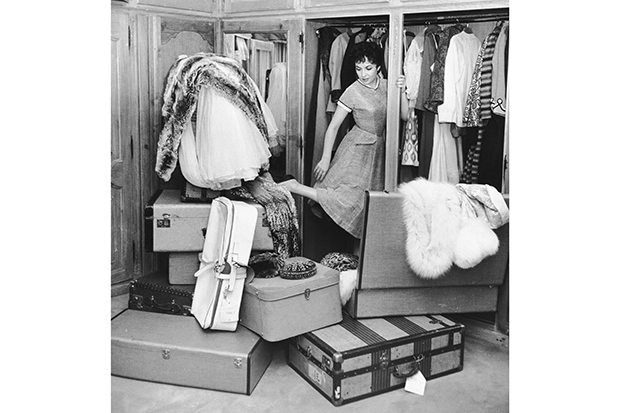
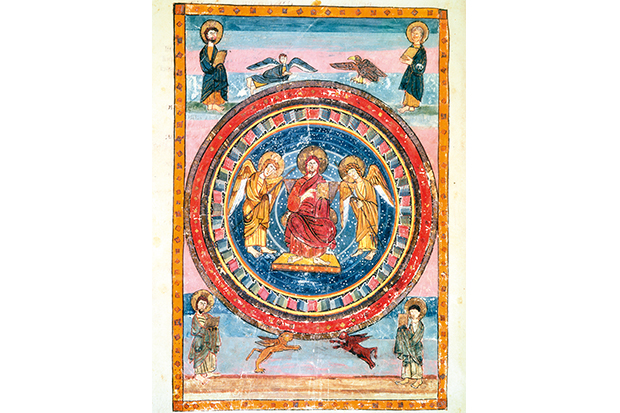
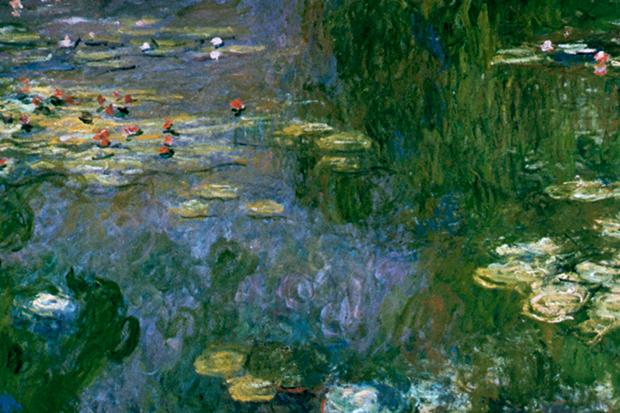
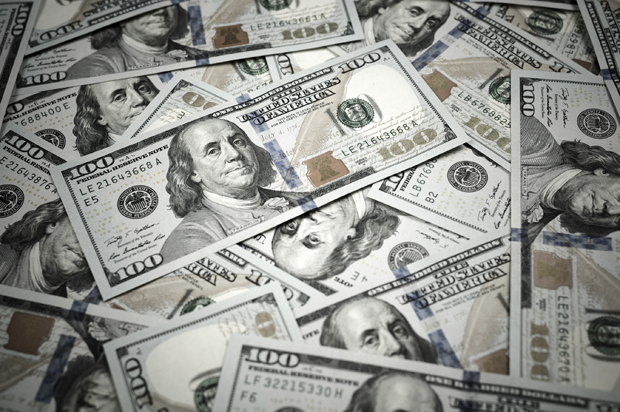
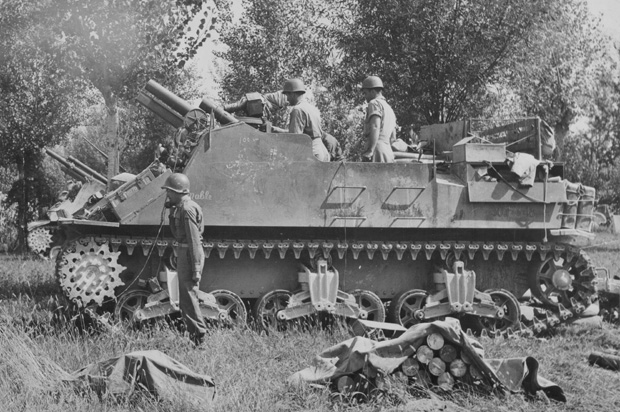
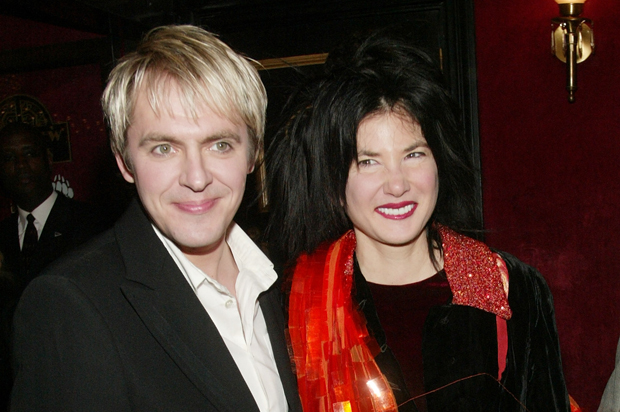
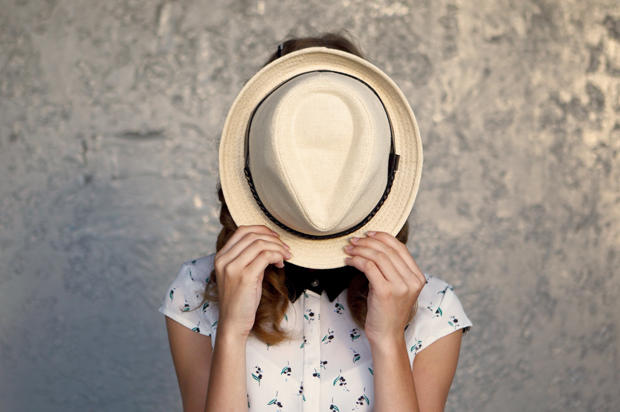






Comments
Don't miss out
Join the conversation with other Spectator Australia readers. Subscribe to leave a comment.
SUBSCRIBEAlready a subscriber? Log in